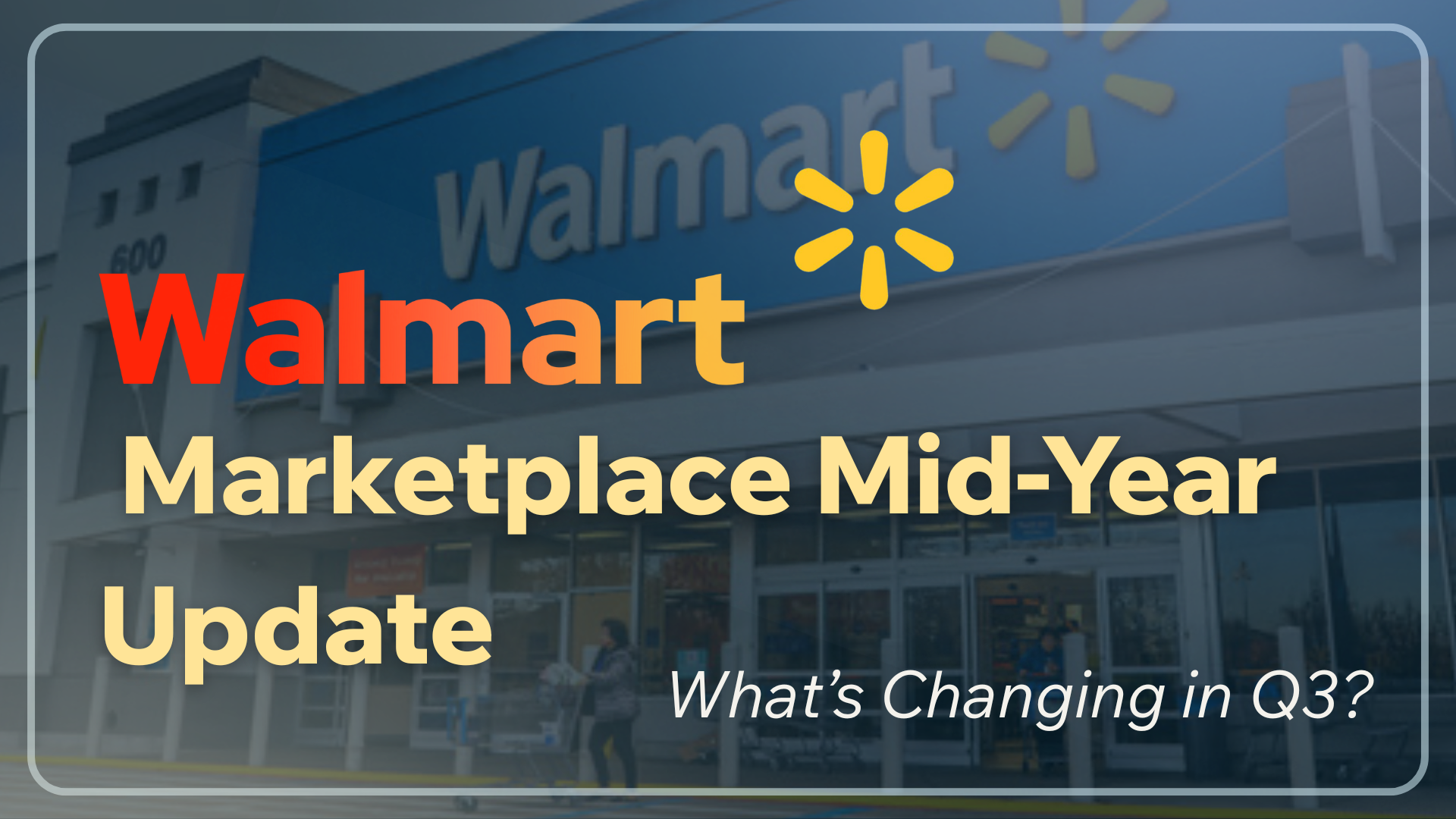Overstock — a term that can make any retailer uneasy. Excess inventory ties up capital, eats up storage space, and risks obsolescence. But what if there was a way to turn overstock from a liability into an opportunity? Enter dropshipping, a business model uniquely suited to address overstock challenges while keeping your operations lean and profitable. Let’s explore why dropshipping is the ideal solution for managing overstock issues.
Overstocking occurs for various reasons: incorrect demand forecasts, sudden market shifts, or supplier minimum order requirements. Whatever the cause, the consequences are clear—inventory piling up in warehouses, higher storage costs, and, eventually, markdowns that erode your profit margins. Worse still, overstock can lead to outdated products that become unsellable altogether.
Dropshipping eliminates the need to maintain large amounts of inventory. Instead, retailers partner with suppliers who handle storage, packing, and shipping directly to customers. Here’s why this model is perfect for tackling overstock issues:
Many eCommerce platforms, such as BigCommerce, enable seamless integration with dropshipping suppliers. BigCommerce highlights that dropshipping not only helps cut costs but also opens doors to global markets without significant investment.
Additionally, platforms like AutoDS emphasize the importance of choosing reliable suppliers to ensure consistent product quality and fast delivery times. They also offer tools to automate inventory management, making dropshipping an even more attractive solution for overstock issues.
TLDR: Overstock doesn’t have to be a headache for your business. By adopting dropshipping, you can sidestep many of the challenges associated with excess inventory while maintaining a competitive edge. This flexible, low-risk model enables you to free up resources, diversify your product range, and streamline your operations. With tools like BigCommerce and AutoDS, transitioning to dropshipping has never been easier. It’s time to rethink how you manage overstock and embrace the opportunities dropshipping offers.

Meghan is a digital marketing specialist and analyst at Rebelution eCommerce, focusing on internal strategies. With a strong background in market analysis and initiative development, she enhances internal communications and ensures marketing efforts align with business goals. Her strategic approach improves the efficiency and impact of Rebelution’s marketing operations.



Experts expect the slowest U.S. holiday growth since the pandemic—even as online sales rise. See the Black Friday sales forecast, what’s driving competition on Amazon, Walmart, Lowe’s, Home Depot, Wayfair, and how to win.


The biggest Amazon vendor Q4 mistakes aren’t what you think. Learn the hidden operational, financial, and data traps that quietly destroy holiday margins.


Learn how Amazon, Walmart, and Wayfair empower small business ecommerce brands with tools, reach, and growth opportunities.


Explore how Evolution Outdoor, in partnership with Rebelution, achieved a remarkable 65% increase in year-over-year sales...

.jpg)
Explore how Evolution Outdoor, in partnership with Rebelution, achieved a remarkable 65% increase in year-over-year sales...


Explore how Evolution Outdoor, in partnership with Rebelution, achieved a remarkable 65% increase in year-over-year sales...


